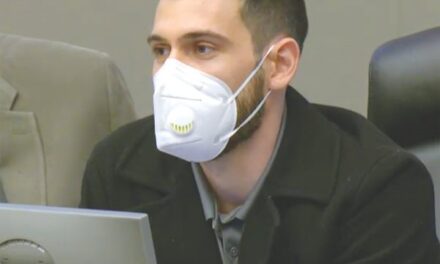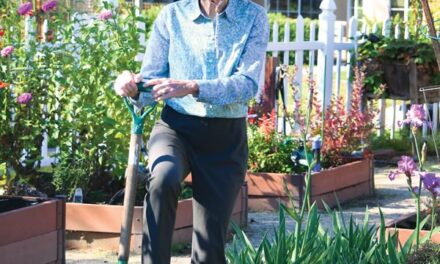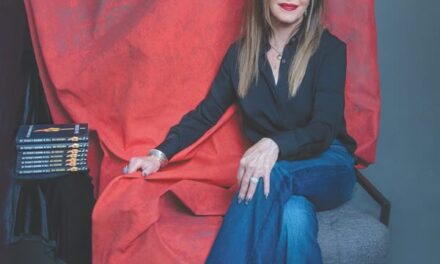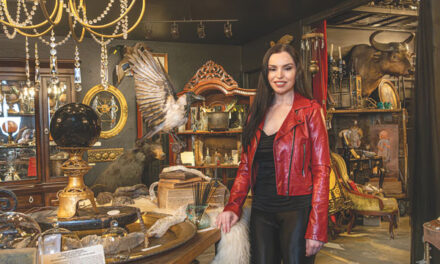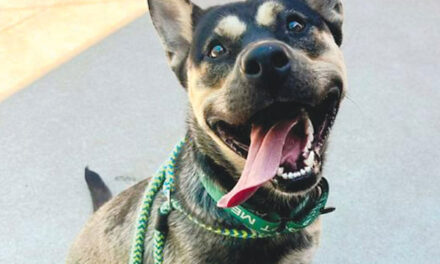“Everyone should be given the option to feed their baby human breast milk,” says Janel Silva, a lactation consultant and co-founder and director of Human Milk Connection, a new nonprofit that helps families access pasteurized donor human milk.
“There’s a knowledge gap that exists. People don’t know about (donor milk) and think the only option is formula,” she continues. “We’re working on getting the word out.”
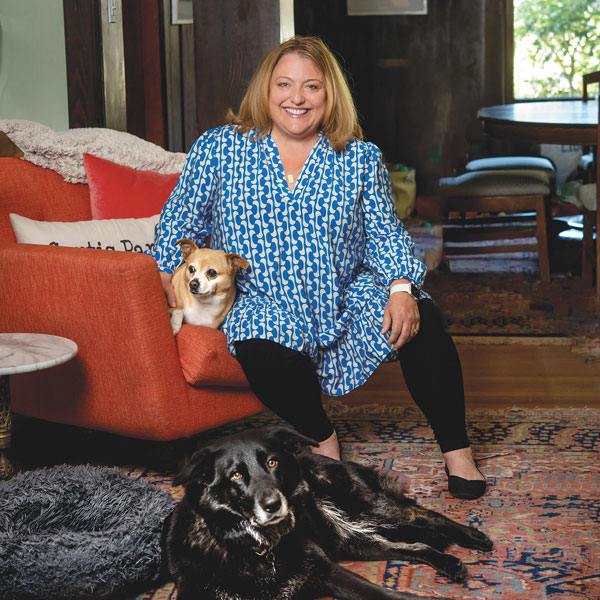
Silva spent years in the health care industry working with parents and infants, first as a birth doula, then as a lactation consultant.
“My real love is lactation,” says Silva, a San Francisco native who moved to Curtis Park in 2000. “There’s an innate need to care for your offspring—or any child you come into contact with who needs you—and you need to feed them.
“Breastfeeding is the biological norm but not everybody can do it. Sometimes they need help. Women are very vulnerable during this time. They need support, encouragement, knowledge, empowerment, kindness.”
During a UC San Diego externship, Silva met Debbie Albert, a Natomas-based nurse lactation consultant. They realized how much education was lacking around the benefits of donor human milk—breast milk expressed by one person and donated for use by someone else who needs it, mostly through milk banks.
Hospitals use donor human milk often to help supplement premature infants. Once a baby goes home, access to donor human milk becomes tricky and costly. Silva and Albert decided to do something about that.
Human Milk Connection was founded this year as “a fundraising and educational arm of milk banks in the state of California,” Silva says. “If someone qualifies for Medi-Cal, they may be eligible to get a large portion of the cost of donor human milk covered, but not all of it. We’re working to make that access more expansive.”
She explains donor milk costs $3.75 an ounce. The average baby at two weeks consumes 25 ounces a day, or roughly $2,800 a month.
The nonprofit built a relationship with the Mothers’ Milk Bank of San Jose to help get donor human milk to families in need. The goal is to raise enough money to fund as many California milk banks as possible.
“We really want this to be a state where this is accessible to everyone,” Silva says. “Informal milk sharing is done all over the world, but it’s much safer to use pasteurized donor human milk (through a milk bank).”
Women interested in donating breast milk can apply directly to the milk bank. Those who seek donor milk must obtain a prescription and apply to the bank to buy milk or, in some instances, have it donated.
“There are great lactation resources out there, but our organization wants people to know that this option is out there, too,” Silva says. “Many families would be ecstatic to have the choice to use human milk. We want people to know they have that choice.”
For information, visit humanmilkconnection.org.
Jessica Laskey can be reached at jessrlaskey@gmail.com. Follow us on Facebook, Twitter and Instagram.




